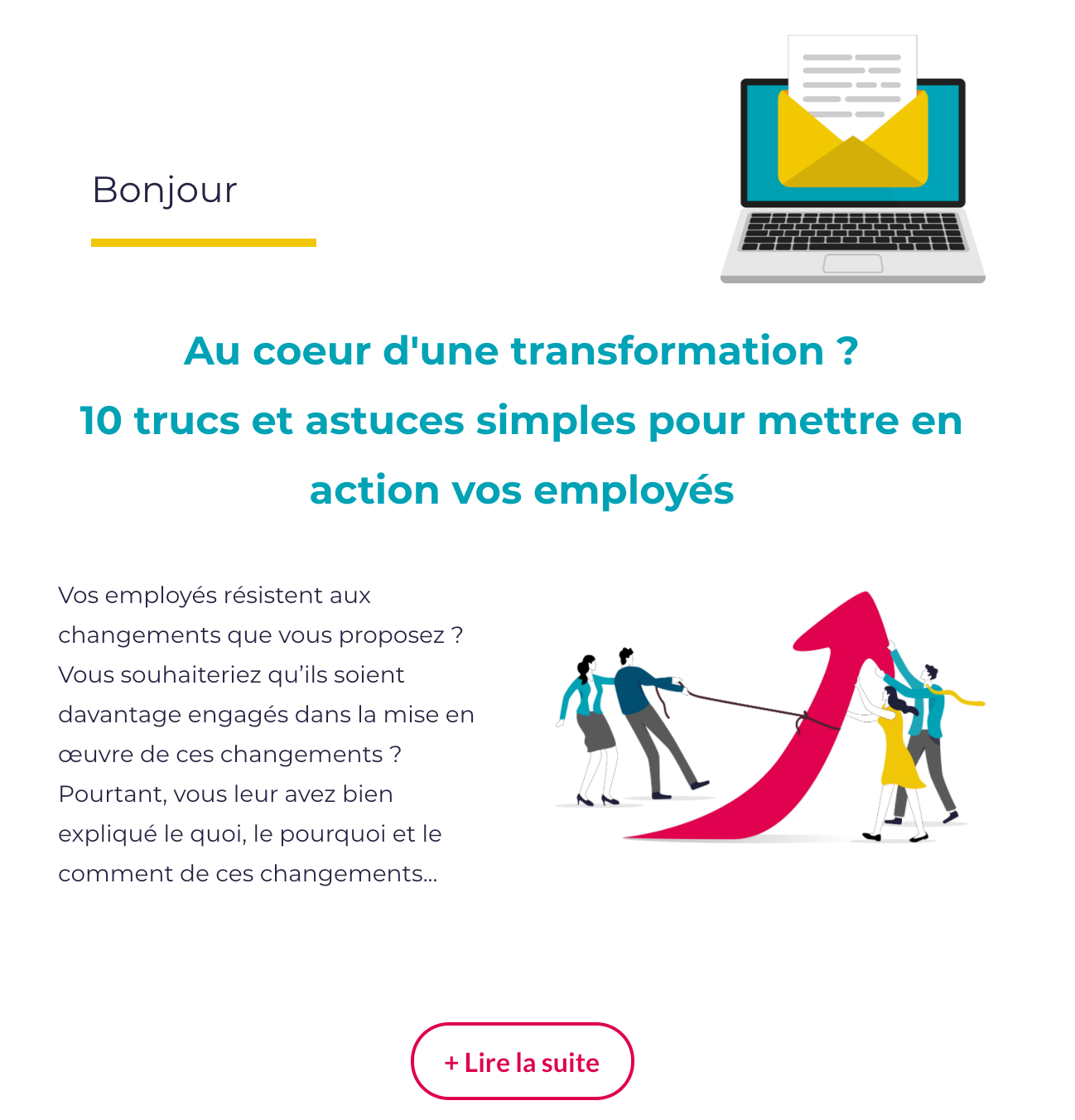Can resistance be a precious tool in project management? (Part 1 of 2)
With every project brought forth or every change implemented come concerns from the users who will have to integrate it.
It has been shown that people tend to move one step closer towards adopting a change when they feel that their concerns are being heard and addressed. On the flip side, not managing their preoccupations leads to resistance which, as a result, can be perceived as an obstacle to successfully implementing projects/change initiatives.

So, what if we, as project managers, viewed these concerns as a precious tool in successfully reaching the objectives of our projects?
What if we took a different perspective on addressing resistance; viewed it as managing concerns?
“Managing concerns” sounds a lot more positive and constructive, doesn’t it?
So now you may be wondering… Shouldn’t the users’ manager be the one worrying about these concerns? Especially seeing that they are going to be the ones dealing with the employees once the project/change is implemented…
The answer to that is: yes! They are in the best position to manage and deal with the their team’s concerns. However, making sure that these concerns are being documented and that the information circles back to you and your project team is of great value.
These concerns are providing you with crucial insights on what could potentially keep users from adopting the change you are implementing! Understanding the concerns early on in your project will allow you to be proactive, plan your communication strategies and include activities aimed at helping employees overcome these concerns. Understanding their concerns can also provide you with important insights to review parts of your solutions to ensure they are realistically feasible and acceptable.
My next blog will cover some advice on how to collect and consider users concerns. For now, I’d like to hear how it resonates with you: What is your experience? What are your reactions?

